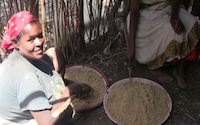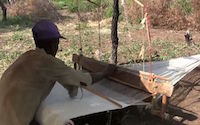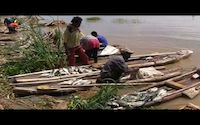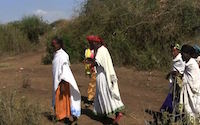The Bayso and the Haro officially are considered as one ethnic group and appear under the single ethnonym “Gidiccho” in the Ethiopian national census. This is despite the fact that the two groups are culturally and linguistically completely different, have different origins, histories and identities. The Bayso are Cushitic speaking agro-pastoralists, and the Haro, Omotic speaking former hippo hunters. While due to their small number both groups can be classified as minorities, the contact between them contact can until today be characterized as asymmetric, with the Bayso playing the dominant part in many aspects. Nevertheless, influence on each other’s languages and cultures was to some extent mutual and the social boundaries between the two groups have blurred in the last decades.
A cultural and linguistic documentation is strongly needed for both groups, as due to several factors they can be considered as endangered:
- The out-migration from Gidiccho Island to the shore settlements (starting more than 100 years ago) has led to the abandonment of the traditional habitat with its ritual sites.
- Proximity to the town has led to a change in material culture, identification of the youth with ‘modernity’, change in values and social relations
- the conversion to Christian religion (2-3 decades ago) has led to abandonment of traditional belief, rituals, and a change in gender relations
- formal education led to an abandonment of traditional knowledge, which is not transferred to younger generations
- the introduction of Bayso as the official language in primary school in 2015 leads to a devaluation of Haro language
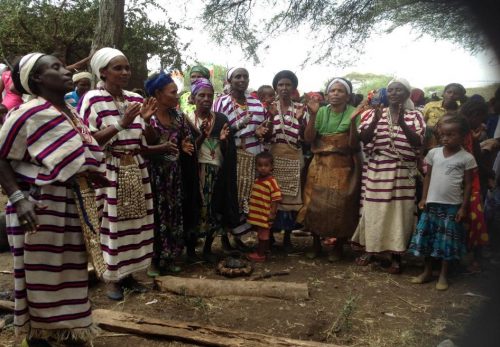
A group of Bayso and Haro women at a Meskel celebration
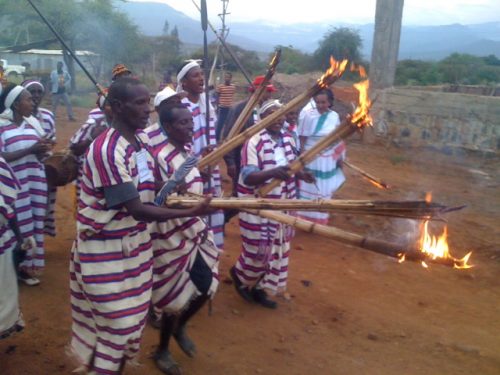
‘Gidiccho’ performance at a cultural festival
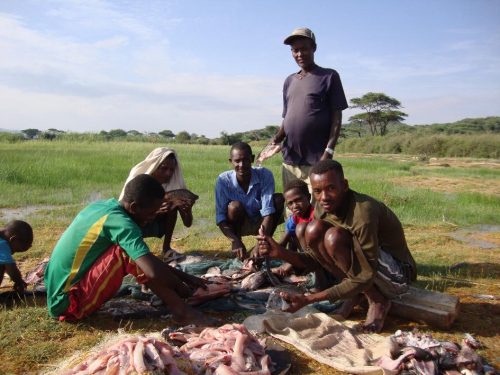
Fisher men on Gidiccho Island
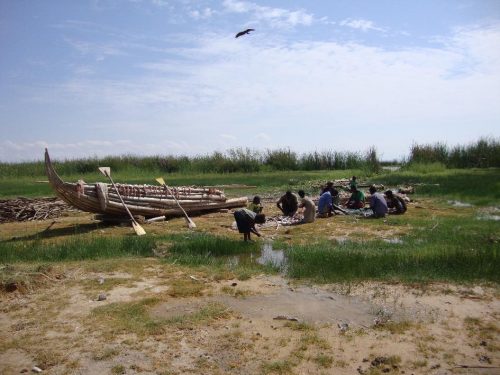
On the shore of Gidiccho Island
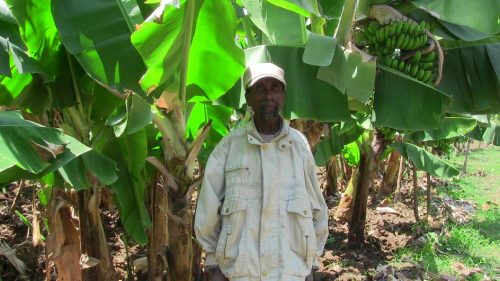
Small-scale agriculture is becoming a central income strategy in the mainland settlements
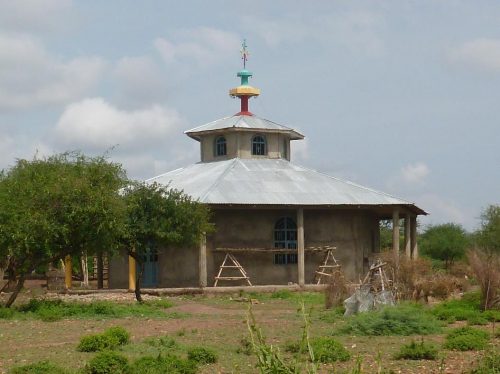
The Ethiopian-Orthodox church construction site in Alge
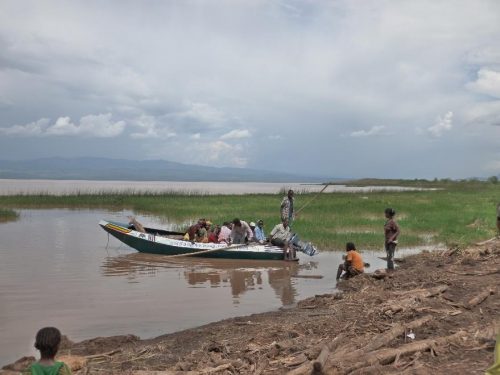
Members of the Bayso and Haro fishers’ association landing at the shore of Alge

